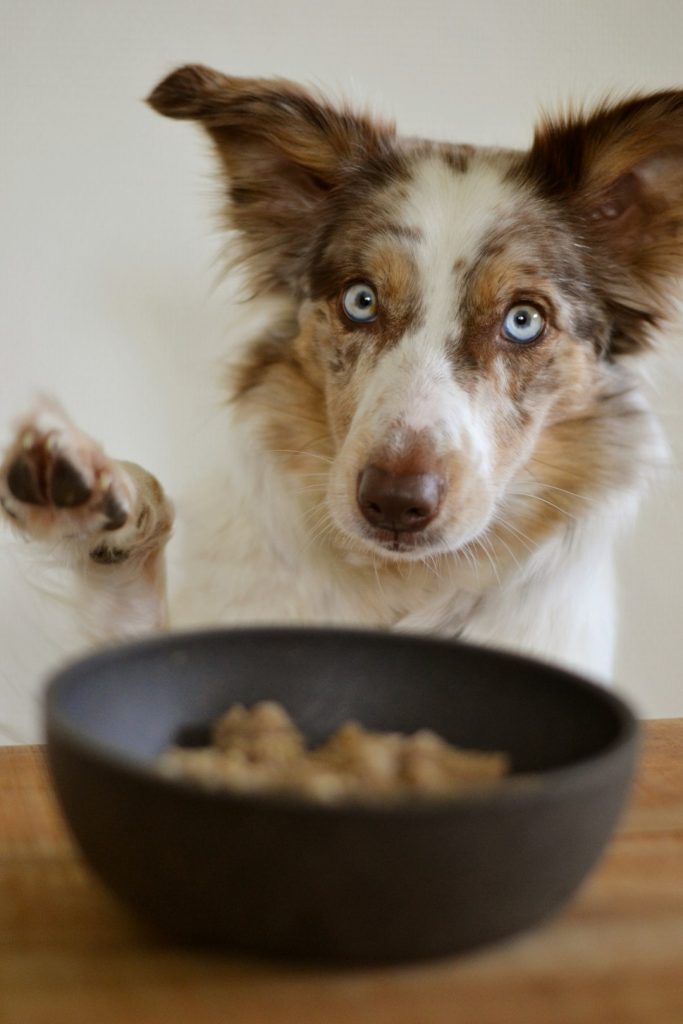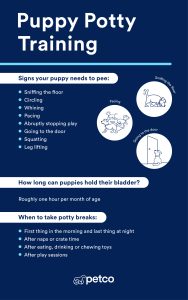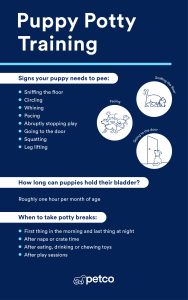Are you wondering if it’s okay to feed your adult dog puppy food? You might think it’s a harmless treat or an easy way to use up leftover kibble.
But is giving your grown dog puppy food actually safe? Could it affect their health or energy? You’ll discover the surprising facts about adult dogs and puppy food. Understanding this could save you from costly vet visits and keep your furry friend happy and healthy.
Keep reading to find out what’s really best for your dog’s diet.
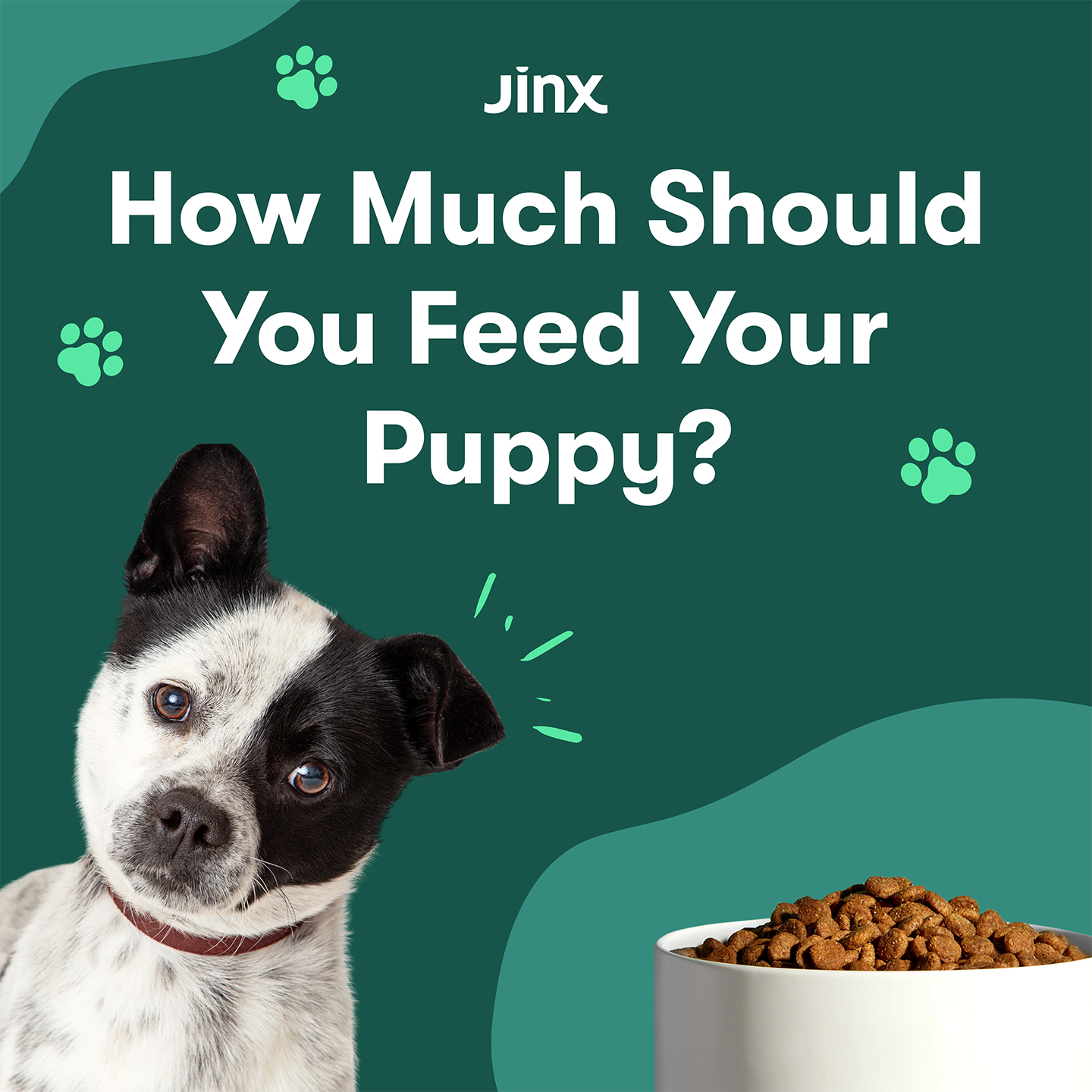
Credit: www.thinkjinx.com
Nutritional Needs Of Adult Dogs
Adult dogs need a balanced diet to stay healthy. Their nutritional needs differ from puppies. Feeding puppy food to adult dogs may not be ideal.
Understanding calorie needs, essential nutrients, and diet differences helps you choose the right food for your dog.
Calorie Requirements
Adult dogs need fewer calories than puppies. Puppy food has extra calories to support growth. Feeding high-calorie puppy food can cause weight gain in adult dogs.
Essential Nutrients
Adult dogs need protein, fat, vitamins, and minerals. Puppy food has more protein and fat for growth. Adult dog food balances these nutrients for maintenance and energy.
- Protein helps keep muscles strong.
- Fat provides energy and supports skin health.
- Vitamins and minerals support immunity and bones.
- Adult dogs need less calcium than puppies.
Differences From Puppy Diets
| Aspect | Puppy Food | Adult Dog Food |
| Calories | Higher for growth | Moderate for maintenance |
| Protein | More to build muscles | Enough to maintain muscles |
| Calcium | Higher for bone growth | Lower to avoid health issues |
| Fat | Higher for energy | Balanced for activity level |
Contents Of Puppy Food
Puppy food is made to support fast growth and energy needs. It has different ingredients than adult dog food.
Understanding these contents helps decide if puppy food is good for adult dogs.
Higher Protein Levels
Puppy food has more protein than adult dog food. Protein builds strong muscles and healthy skin. Puppies need extra protein to grow well.
Adult dogs usually need less protein. Too much protein can be hard on some adult dogs’ kidneys.
Increased Fat Content
Puppy food contains more fat for energy and brain growth. Fat helps puppies stay active and healthy.
- Provides energy for play and learning
- Supports healthy skin and coat
- Helps absorb fat-soluble vitamins
Adult dogs need less fat to avoid weight gain and health problems.
Added Vitamins And Minerals
| Vitamin or Mineral | Purpose in Puppy Food |
|---|---|
| Calcium | Supports strong bones and teeth |
| Vitamin D | Helps calcium absorption |
| Iron | Builds healthy blood cells |
| DHA (Omega-3) | Supports brain and eye development |
These nutrients help puppies grow properly. Adult dogs usually need lower amounts of some vitamins and minerals.
Potential Risks For Adult Dogs
Feeding puppy food to adult dogs might seem harmless. But adult dogs have different nutritional needs than puppies.
Puppy food has more calories and nutrients designed to help growth. This can cause problems if given to adult dogs regularly.
Weight Gain And Obesity
Puppy food is richer in calories to support growth. Adult dogs eating this food may gain extra weight.
Extra weight can lead to obesity. Obesity causes health problems like joint pain and heart disease.
- Higher calorie intake than needed
- Less exercise might increase weight gain
- Stress on joints and organs from extra weight
Digestive Issues
Puppy food has more fat and protein. Adult dogs may find it hard to digest these in large amounts.
Feeding puppy food can cause upset stomach, diarrhea, or gas. These problems happen because the food is too rich.
- Fat content is higher in puppy food
- More protein can upset digestion
- Changes in diet cause tummy troubles
Long-term Health Effects
Long-term feeding of puppy food may cause health issues. Adult dogs need balanced nutrition for maintenance, not growth.
Too much calcium and fat can harm bones and organs over time. This may lead to arthritis or heart problems later.
- Excess calcium can affect bone health
- High fat may cause heart disease
- Imbalanced nutrition affects overall health
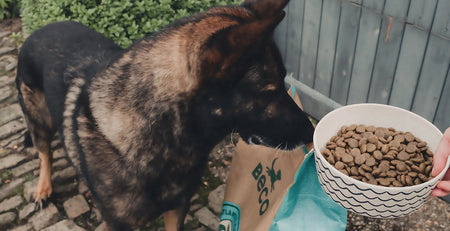
Credit: www.becopets.com
When Puppy Food Might Be Appropriate
Giving an adult dog puppy food is not usually recommended. Puppy food has extra nutrients made for growing dogs. Still, some adult dogs might benefit from puppy food for a short time.
Here are some cases when puppy food might be helpful or needed for adult dogs.
Growth Recovery
Adult dogs recovering from illness or injury may need more calories and nutrients. Puppy food can support their healing because it is richer in protein and fat.
- Helps rebuild muscle and tissue
- Provides extra energy for recovery
- Supports immune system strength
Pregnant Or Nursing Dogs
Pregnant or nursing female dogs need more nutrition to support their puppies. Puppy food can meet these higher needs better than regular adult dog food.
| Stage | Why Puppy Food Helps |
| Pregnancy | Supports puppy growth in womb |
| Nursing | Increases milk quality and quantity |
Vet Recommendations
A veterinarian may suggest puppy food for adult dogs with special needs. This advice depends on the dog’s health, age, and activity level.
- Underweight adult dogs needing to gain weight safely
- Dogs with digestive issues requiring gentle, nutrient-rich food
- Senior dogs with specific health conditions needing extra nutrients
Alternatives To Puppy Food For Adults
Feeding an adult dog puppy food is not ideal. Puppy food has more calories and nutrients meant for growing dogs. Adult dogs need different nutrition to stay healthy.
There are better food options that suit adult dogs’ needs. These options provide the right balance of nutrients for their age and activity level.
Adult Dog Food Options
Adult dog food has the right nutrients for maintenance and health. It usually contains fewer calories than puppy food to prevent weight gain. There are dry, wet, and raw options available for adults.
- Dry kibble designed for adult dogs
- Wet canned food with balanced nutrition
- Raw or freeze-dried diets made for adults
Look for adult dog foods with good protein sources and essential vitamins. Avoid puppy food for adult dogs to keep their weight and health in check.
Specialized Diets
Some adult dogs need special diets. These diets help with health issues or specific needs. You can find formulas for weight control, allergies, or sensitive stomachs.
- Weight management diets for overweight dogs
- Hypoallergenic food for dogs with allergies
- Digestive support diets for sensitive tummies
- Senior dog formulas with joint support
Special diets can improve your dog’s quality of life. Always ask your vet before changing to a specialized diet.
Homemade Meal Considerations
Homemade meals let you control what your dog eats. You can use fresh ingredients and avoid fillers. But you must balance the meals well for all needed nutrients.
Consult a vet or pet nutritionist before making homemade food. They can help create a meal plan that meets your dog’s needs.
- Include protein like chicken, beef, or fish
- Add vegetables like carrots, peas, or spinach
- Use grains such as rice or oats
- Supplement with vitamins and minerals if needed

Credit: www.petscare.com
Expert Advice On Feeding Practices
Many dog owners wonder if it is okay to give their adult dog puppy food. Understanding proper feeding practices is crucial to your dog’s health.
Feeding your dog the right diet can prevent health issues. It’s essential to know if puppy food is suitable for adult dogs.
Consulting A Veterinarian
A veterinarian can provide expert advice on your dog’s diet. They consider factors like age, breed, and health conditions.
- Schedule regular check-ups with your vet
- Discuss any dietary changes
- Ask about suitable food options
Monitoring Dog’s Health
Keeping an eye on your dog’s health is vital. Notice any changes in weight, energy, or coat condition.
| Health Aspect | What to Monitor |
| Weight | Stable and healthy weight |
| Energy Levels | Consistent activity levels |
| Coat Condition | Shiny and smooth fur |
Adjusting Diet Over Time
As dogs age, their dietary needs change. Adjusting their diet ensures they receive proper nutrition.
Frequently Asked Questions
Is It Harmful To Feed Puppy Food To Adult Dogs?
Feeding puppy food to adult dogs is not ideal. Puppy food has extra nutrients for growth, which can cause weight gain or digestive issues in adults.
Can Adult Dogs Eat Puppy Food Occasionally?
Occasional feeding of puppy food to adult dogs is generally safe. However, it should not replace their regular diet to avoid nutritional imbalances.
Why Is Puppy Food Different From Adult Dog Food?
Puppy food contains higher protein, fat, and calorie levels to support growth. Adult dog food focuses on maintenance and balanced nutrition for mature dogs.
What Are The Risks Of Long-term Puppy Food For Adults?
Long-term feeding of puppy food to adult dogs can lead to obesity, nutrient excess, and potential health problems due to inappropriate nutrient ratios.
Conclusion
Adult dogs need food made just for them. Puppy food has extra nutrients meant for growth. Giving puppy food to adults can cause weight gain or stomach problems. It’s best to choose dog food that fits your dog’s age and health needs.
Always watch how your dog reacts to any food change. Healthy eating keeps your dog happy and active. So, stick to adult dog food for the best care. Simple and clear choices help your dog live well.

Emily Barker is the founder of ChillDogLife.com, a space dedicated to helping pup parents discover the best dog products, lifestyle tips, and cozy ideas for happier homes.
A lifelong dog lover, Emily combines her passion for pets with a knack for research to share trusted recommendations on everything from toys and furniture to health and everyday care.
Her goal is simple: to make life easier, stylish, and more joyful for dogs and the people who love them.
